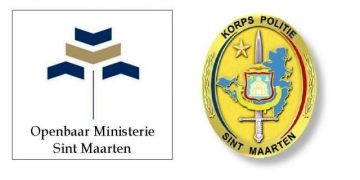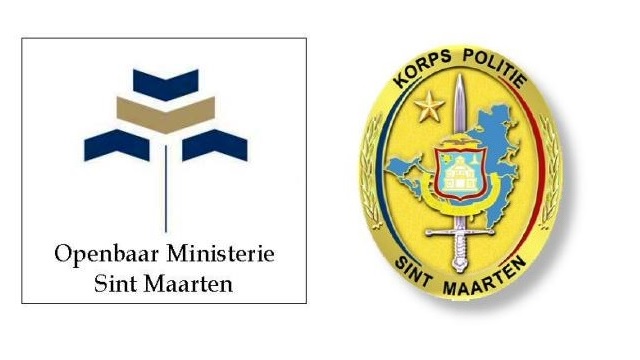PHILIPSBURG, Sint Maarten – The preliminary hearing in the CATFISH investigation took place today in court. The Public Prosecution Service is demanding a prison sentence of 12 months of which 6 months’ are
conditional for suspect T.H.
The prosecution is demanding co-suspect J.M.S., be held liable for complicity in the attempt to bribe then Member of Parliament Romain Laville. The Prosecution is demanding a community service of 120 hours of which 60 hours should be conditional for suspect J.M.S. The Public Prosecution Service is also demanding that both suspects be prohibited from running for office for the duration of 5 years.
The CATFISH investigation started in March 2013 after Laville filed an official complaint of attempted bribery. T.H. is suspected of bribing Laville between late 2012 and early 2013.
According to the Public Prosecutor, declarations by key witnesses, SMS messages, telephone calls and messages from public sources motivate the claims against T.H. and J.M.S.
Moreover according to the evidence the suspects had met with Laville on at least 4 occasions to discuss the proposal. During these meetings, a number of topics were discussed, amongst them giving up his seat in Parliament. Laville was offered several gifts/promises, which included monetary compensations to the amount of a maximum of US $350.000. The suspects indicated that also part of the deal, by wishes of Laville, was that he gave up his then post to become the Minister of TEATT.
The defense had hired a private investigating body which formulated a report, which contradicts the evidence presented by the Prosecution. However the Prosecutor noted several inaccuracies in this report. The Public Prosecutor said while the report claims that no incriminating information was uncovered, defendant T.H. had partly confirmed the course of events during interrogations in 2017 and 2018, and the statement of J.M.S. had supported the evidence.
Motivating the requested punishment the Public Prosecutor noted that the maximum term of imprisonment for bribery is 2 years or a fine of up to NAf. 300. “This is not a firm maximum penalty, and although the new Penal Code increases the maximum sentence to 4 years of imprisonment, the old maximum sentence of 2 years is decisive.”
The Public Prosecution Service is of the opinion that the maximum penalty does not give a good picture of consequences of this punishable act. “We are talking about the phenomenon of ‘ship jumping’, which is – unfortunately – a well-known phenomenon on St. Maarten. This determines the seriousness of the crime. The phenomenon of ‘ship jumping’ can best be described as the transition of a politician from one political party to another. That in itself is not a bad thing and there is no rule of constitutional law that prohibits it. However, if this happens too often and too regularly, it will not benefit the stability of the parliamentary democracy in question. Also, when money or a position is offered to the ship jumper, it is a criminal act because then the criminal law comes into play.
“It is precisely for this reason that bribing a civil servant, for example a Member of Parliament, in St. Maarten has been a punishable offence for many years. A Member of Parliament on St. Maarten should bear in mind only one interest: the interest of the country and the people of St. Maarten.”
“St. Maarten’s interests are achieved through stability. After all, stability is a prerequisite for progress. Only if there is some long-term stability can large-scale, country-wide problems or challenges be adequately tackled. It is not, of course, the intention of this court case to be political, but some examples of such ‘challenges’ for Sint Marteen are the dump and the reconstruction following Hurricane Irma. In short, no one will be able to argue, successfully, that stability is undesirable. And no one will, successfully, be able to argue that ship jumping leads to stability. In this case, ship jumping eventually led to the fall of the Wescot Williams II cabinet.”


















